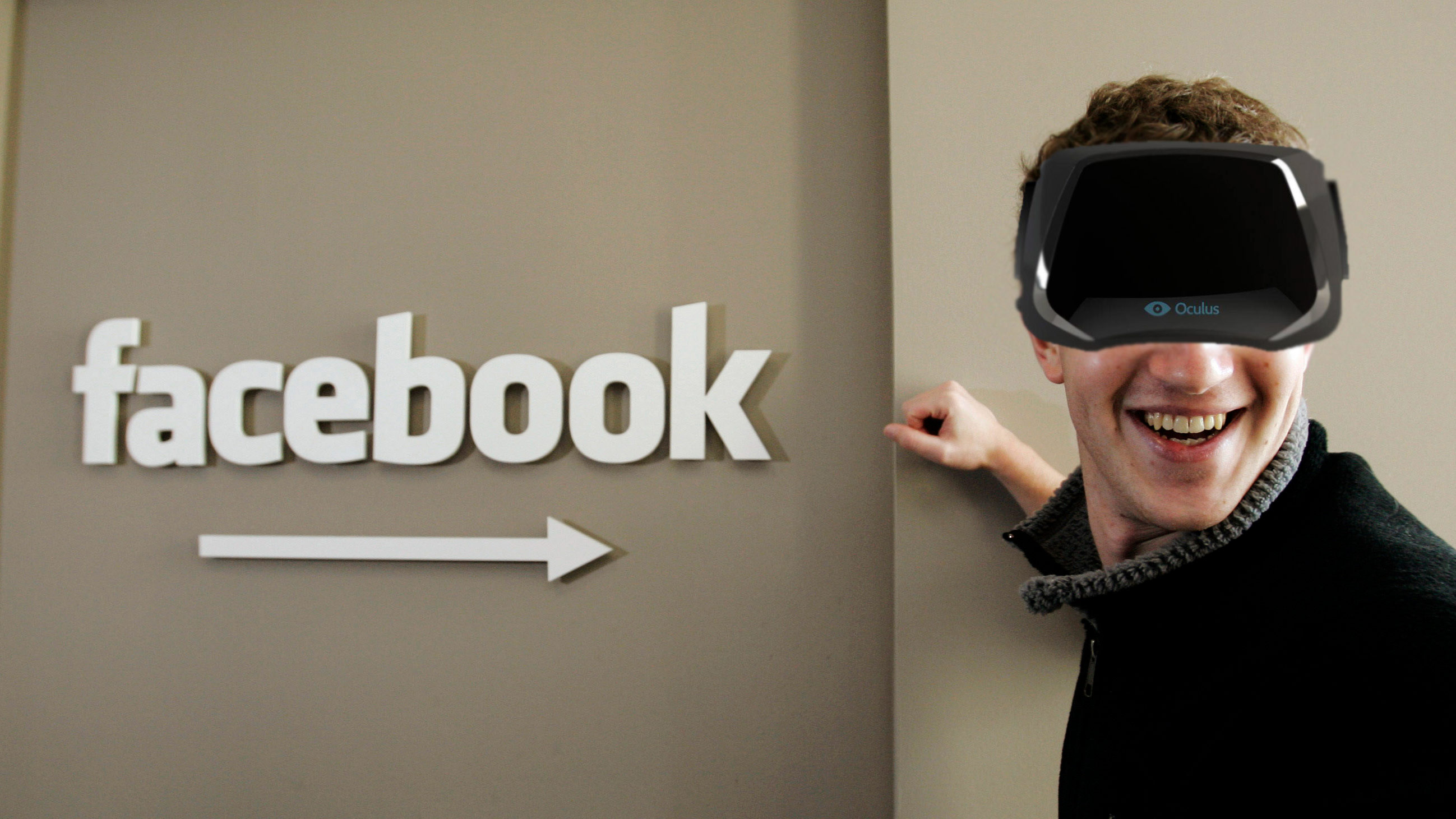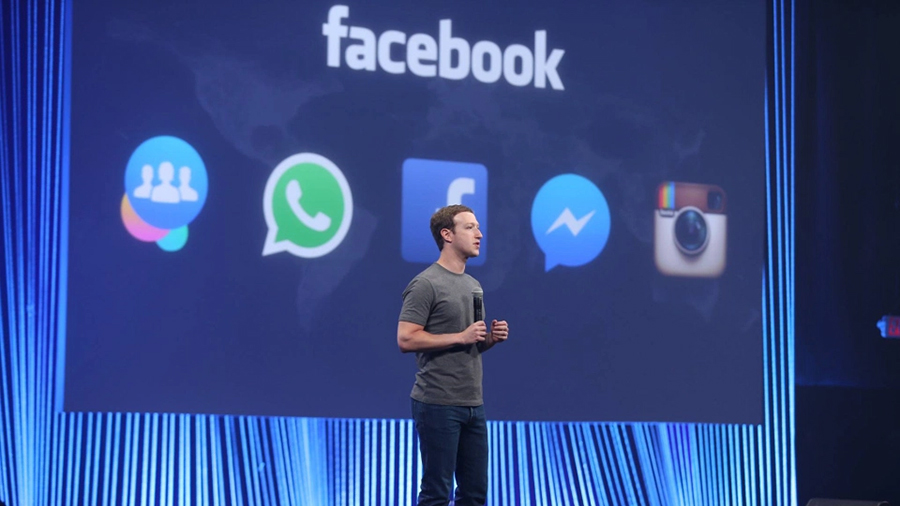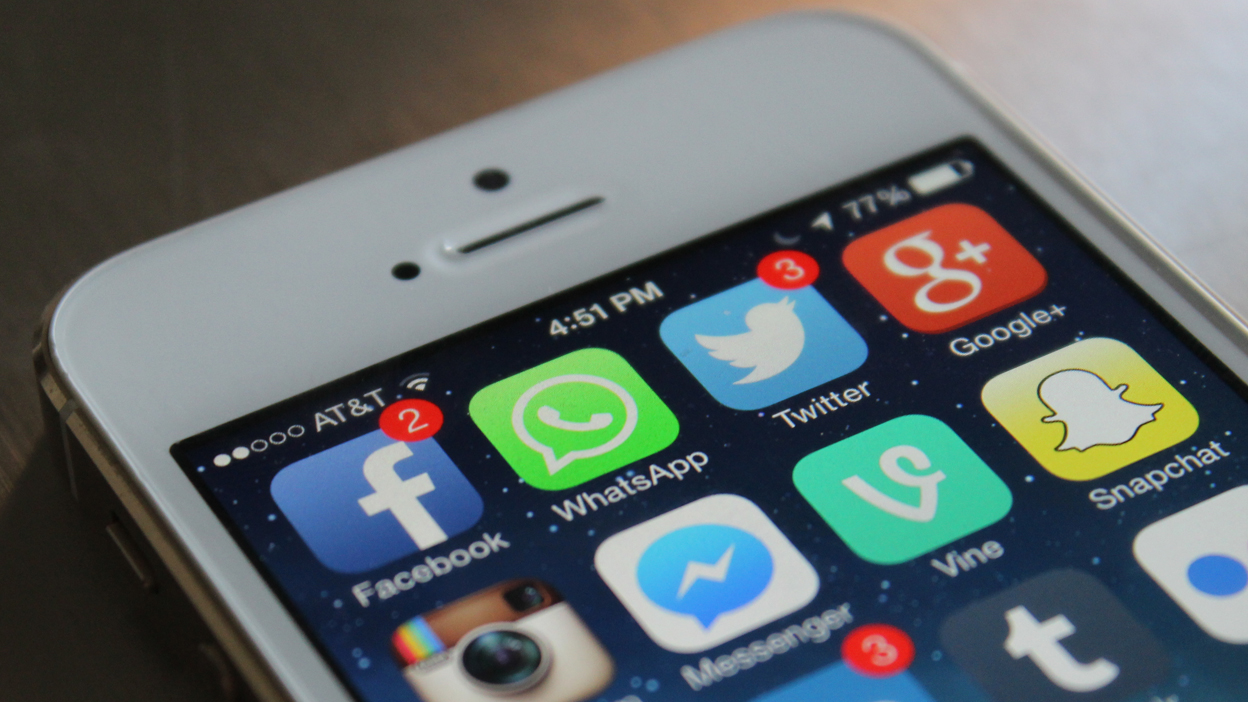Did Facebook's F8 just seal the fate of humanity?
Still along way to go though

Sign up for breaking news, reviews, opinion, top tech deals, and more.
You are now subscribed
Your newsletter sign-up was successful
There was a time when you could only talk to another human face to face (well, unless you were shouting from a distance).
Technology changed that: first Bell's telephone, then messaging (synchronous or asynchronous) killed the voice and now chatbots promises to replace humans in conversations. Truth be said, m2m (mobile to mobile) communications - where humans are entirely excluded - have happened for decades, so the chatbot/human interaction sounds like a step backward.
Facebook's announcement yesterday will not only throw bots in the mainstream, it also forces the rest of the competition - Microsoft, Google, Amazon - to do the same. Zuckerberg will also constantly enhance them using artificial intelligence to create a quasi-omnipotent and omniscient non-human entity that knows everything about everyone.
Sounds like God, right? It is almost impossible at this stage not to think about the Matrix (see 10 reasons why Facebook could be building the Matrix), which Facebook seems to be building. It's yet to acquire discrete sensor technology but that's probably next on their list.

What makes Facebook's bot army more frightening than any others is sheer scale. If Facebook was a country, it would be - by a wide margin - the biggest in the world with more than 1.6 billion active users, with 90% of them accessing it via mobile on a daily basis.
Being able to know almost everything about a quarter of the world's population, in near real-time, is already Orwellian but the deployment of chatbots on a worldwide scale will ensure the sort domination that Google and Microsoft can only dream of, in that, they both are platforms and not killer apps. Facebook is both the platform and the killer app.
But I fear that its goal goes beyond just that. Facebook wants you to spend more of your time on its platform. We already spend around a fifth of all time online on Facebook, that's around 20 minutes per day, which is just 5% of our active daily period (assuming you sleep eight hours a day).
Sign up for breaking news, reviews, opinion, top tech deals, and more.
The unstoppable rise of the network
Facebook@work, Instagram, Oculus Rift, Free Basics and Instant Articles will ensure that this percentage keeps up growing and growing. In Washington Post's Teddy Amenabar's enlightening post on how "Facebook is slowly eating the rest of the Internet" he ends the piece mentioning that Facebook wants to "become the internet".

I disagree. I think Facebook wants to become more than that. For its long-term survival and for the benefit of its shareholders, it needs to increase its reach either organically or by acquiring/emulating competitors as well as increasing the time you spend on its properties.
Zuckerberg already plans to get five billion people on Facebook by 2030. In other words, if you're not Facebook-ed by 2030, you will be in a minority. Given that Facebook doubled its reach in the past five years, we wouldn't put this goal past it.
And chatbots are a fundamental piece of the puzzle. Encouraging humans to interact with non-human entities on a daily basis is likely to have devastating consequences on the societal fabric as all interactions will be algorithmically defined but it will allow Facebook to know us better, better than even ourselves or Google.
Facebook doesn't want to control or enslave us, but rather influence us (and our decisions) by learning more about our network and ourselves, delivering conversations (commercial at first) that really resonates with us and even predicting/anticipating what we could do next.
What comes after chatbots? Well, how about a Facebook Avatar of yourself that replicates your emotions and feelings on the social network when you can't do it. A bit far-fetched? Sure. But then if Facebook can influence you...

Désiré has been musing and writing about technology during a career spanning four decades. He dabbled in website builders and web hosting when DHTML and frames were in vogue and started narrating about the impact of technology on society just before the start of the Y2K hysteria at the turn of the last millennium.